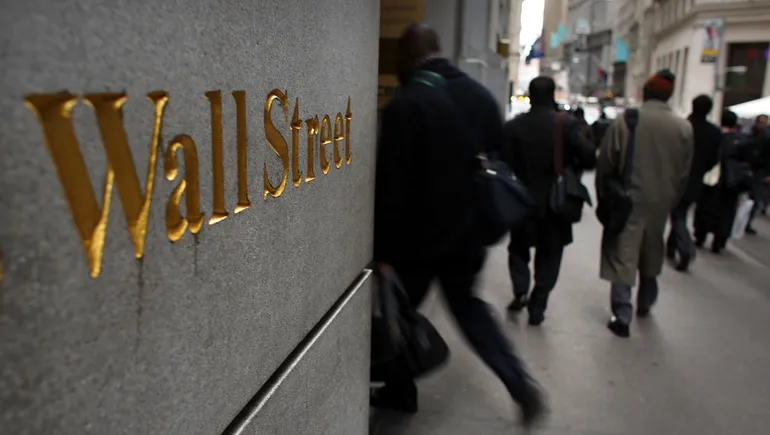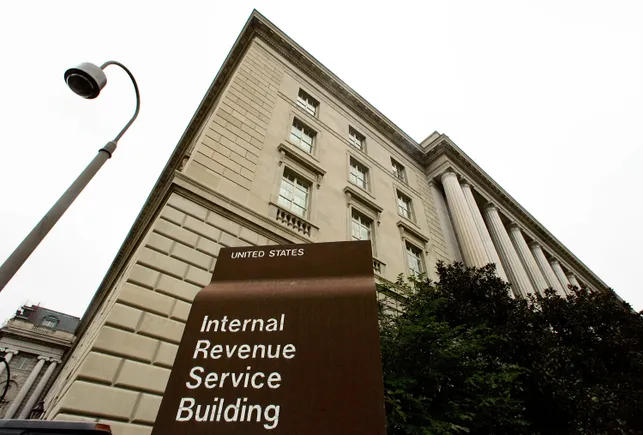Dive Brief:
- Investment banking debt underwriters can expect to see their year-end incentives, which include cash bonuses and equity awards, surge 25% to 35% — the highest any business area might get, followed by a 15% to 25% rise for investment banking equity underwriters, according to a quarterly report published Tuesday by compensation consulting firm Johnson Associates.
- Year-end payments for most business areas are expected to rise, with equity sales and trading professionals’ bonuses estimated to rise 15% to 20%, while payments among asset management and wealth management professionals are expected to rise by up to 12%, the report found.
- However, retail and commercial bankers could see bonus payments drop up to 5% or remain flat this year.
Dive Insight:
This year’s expected increase in year-end payments follows two consecutive years of declines, as profits slowed following the COVID-19 pandemic owing to higher interest rates and economic uncertainty.
“Wall Street professionals will have something to cheer about when their year-end bonuses arrive,” Alan Johnson, managing director of Johnson Associates, said in a statement seen by Banking Dive, HR Dive’s sister publication. “Virtually every sector in the industry is performing strongly this year, except retail and commercial banking. Firms are in a strong financial position to do what they haven’t been able to do since 2021 — reward their professionals with larger bonuses.”
The compensation consulting firm’s methodology is based on private client information, current market impressions, trends based on discussions with clients and industry contacts and public data from 13 of the nation’s largest investment and commercial banks and 17 of the largest asset management firms.
The surge in investment banking and insurance sector’s annual payouts can be attributed to several things, including a significant jump in debt underwriting and equities trading, increased trading revenues from market volatility and higher client volume and lower credit loss provisions in retail and commercial banking amid an economic “soft landing.”
The investment and wealth management industry’s strong market performance is driving growth along with increased client fund flows, the report noted.
“We are projecting 2025 to be a positive year as well, building on 2024 results,” Chris Connors, principal at Johnson Associates, told Banking Dive via email. “Investment banking pipelines are healthy and industry sentiment regarding M&A outlook is generally positive.”
“The competitive talent market is heating up on the back of strong results and higher pay across all financial services sectors,” he added.
While business indicators are positive, firms prioritize head count and operational efficiencies, especially with interest rates in flux, Johnson noted in the report. Although voluntary attrition has moderated, the growth in alternative investments is having a direct and indirect impact on compensation levels and opportunities across the industry, he said.
“As we head into 2025, we are engaging with clients to ensure incentive programs are appropriately engineered to reward key and top talent,” Johnson said.
Wall Street firms generated $23.2 billion in pretax profits for the first half of 2024 — up 79.3% over the same period last year, according to an annual report on the New York City securities industry by New York State Comptroller Thomas P. DiNapoli.
That was driven by solid performance in securities trading, underwriting, and selling. Based on the first half results, the report estimates that annual profits in 2024 are currently on track to be much stronger than those for 2023.
Some of the most prominent Wall Street players reported a significant boost in dealmaking fees in the third quarter after a two-year decline. Investment banking revenue rose by around 30% on average at Goldman Sachs, JPMorgan Chase, Bank of America, Citi, and Morgan Stanley, according to Wells Fargo analyst Mike Mayo, Business Insider reported last month.






Leave a Reply